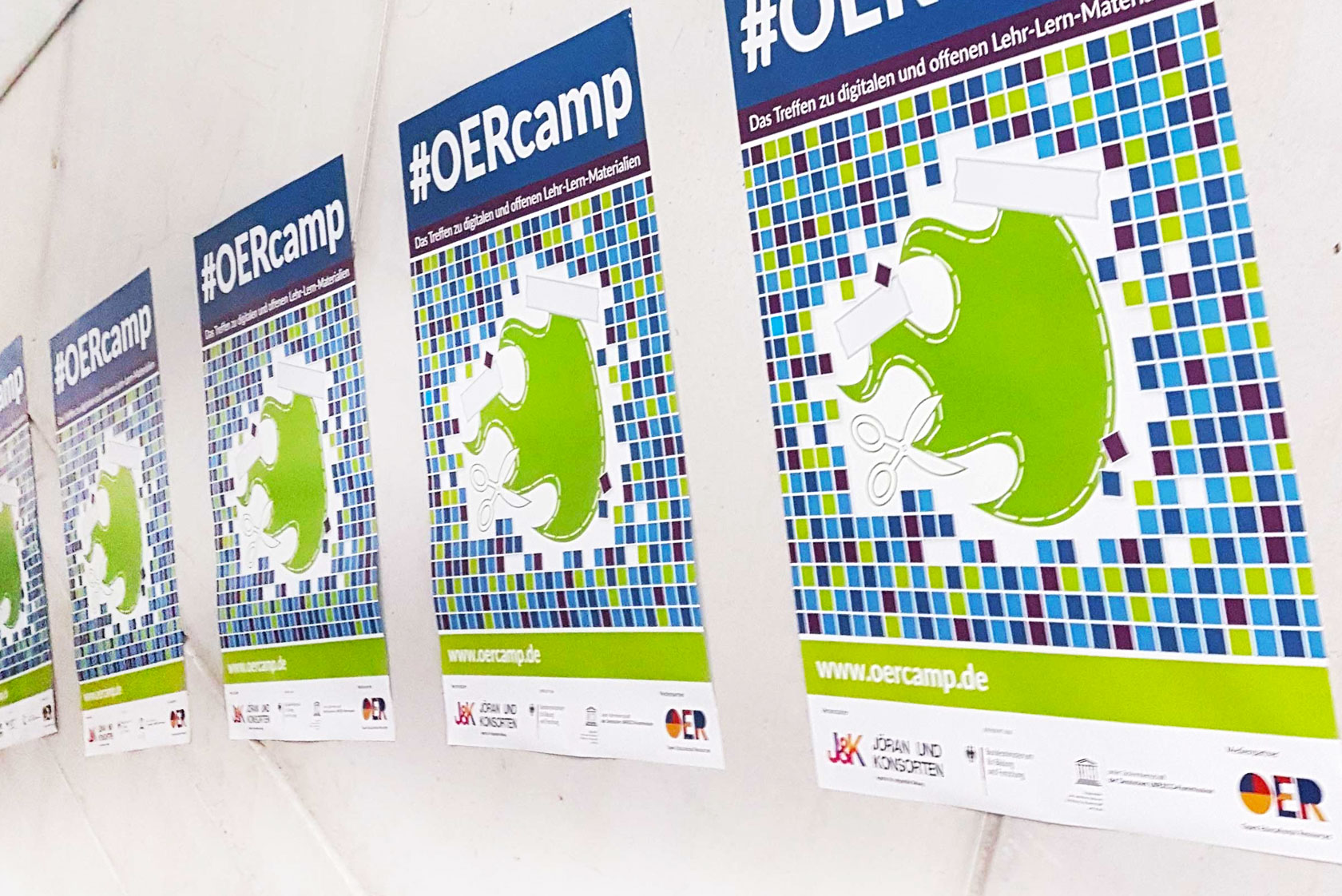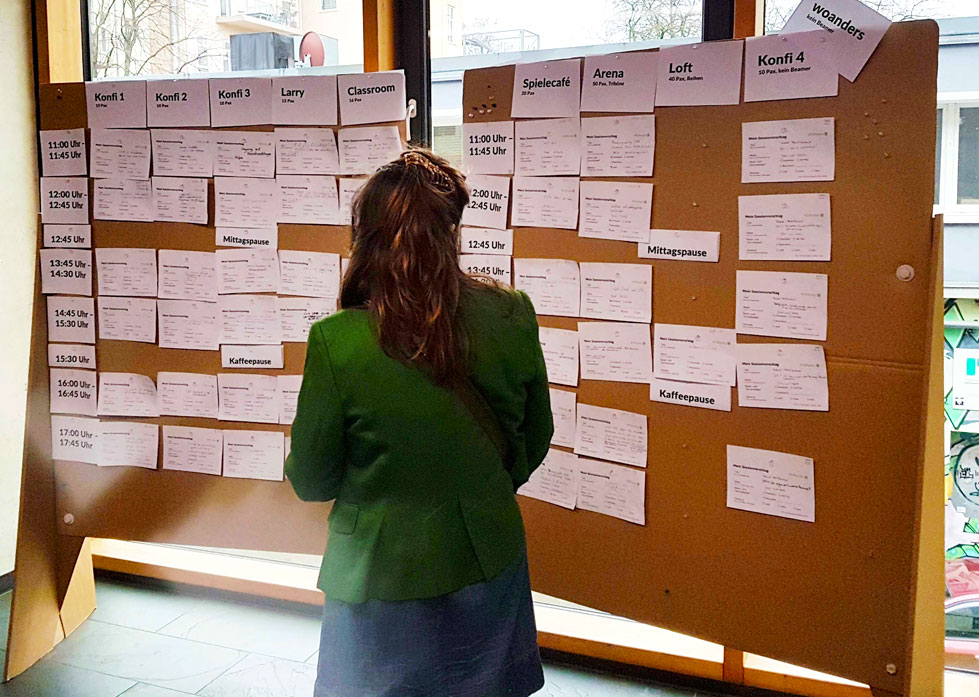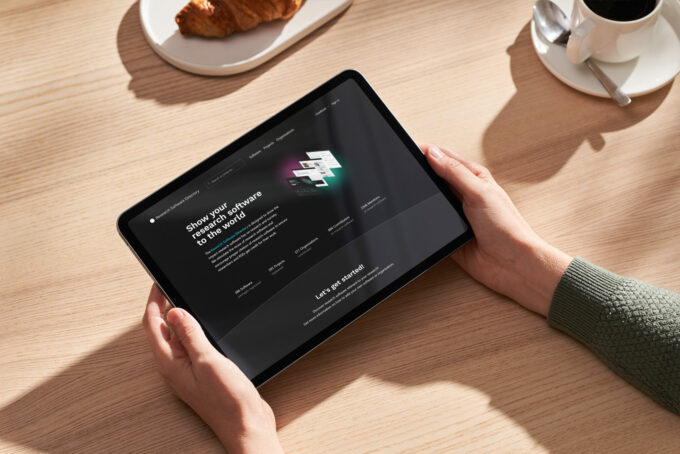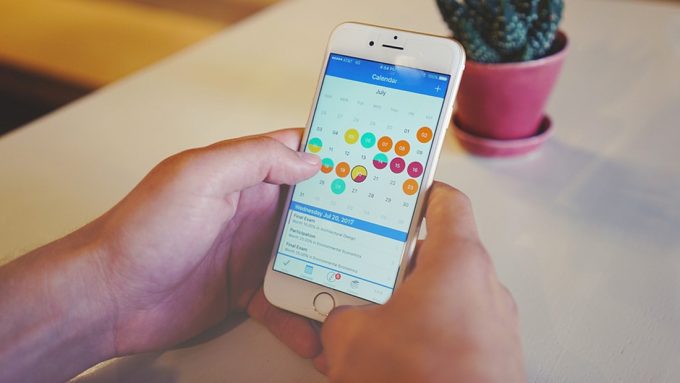
#OERcamp 2020: Making Open Educational Resources an Experience
The possibilities of applying Open Educational Resources (OER), their practical creation and testing of suitable tools were the subjects the #OERcamp Hamburg 2020 focused on. It also dealt with the role and possible offers of libraries in the context of OER.
by Nicole Clasen, Kristin Hilpert und Nina Wellendorf
The OERcamp year started from 20 to 21 February 2020 in Hamburg. The OER meeting for practitioners was complemented by the OER workshop, #OERcamp meets Hacks&Tools on 21 to 23 February 2020. Digital and open learning offers were the focus of the workshops and sessions, which were especially aimed at newcomers. The offer for the approximately 90 participants ranged from workshops on the creation and practical application of OER materials to their provision and visible dissemination. The agenda also included consultation hours on various topics such as H5P and numerous offers for planning and conducting bar camps. Discussions on educational policy and solutions for teachers rounded off the sessions
2, 71, 90 – Nachbericht zum #OERCamp 2020 in Hamburghttps://t.co/BpuPEyw0oT via #HOOU @TUHamburg @tubhh @flohnsen
— Hamburg Open Online University (@HOOUHamburg) March 7, 2020
In order to reduce the fear of contact between the participants from different educational and research institutions, the OERcamp started with the search for the best hashtag combinations. Subsequently, the session planning started. The participants were immediately motivated and took the planning into their hands. This time, the OERcamp did not have planned workshop blocks. This left more room for the sessions. The documentation of the sessions can be found here (German). Breaks between the slots were used for networking among the participants.

Tools around OER
During the Barcamp days, the participants presented different tools for creating and deploying OER. For example H5P, CodiMD or Glitch could be tested in practice. A detailed overview can be found on the Website OERTools.de (German) by Nele Hirsch, who also presented most of the tools at the OERcamp.
Schaut mal, wie schön. Die Ergebnisse der #OERcamp Werkstatt als relevanter Teil eines wissenschaftlichen Posters 🤩
(Gesehen bei @lerninnovation beim #barcampepale) pic.twitter.com/4QviCxFIvP— Nele Hirsch (@eBildungslabor) March 4, 2020
VR and AR for creative room expansion
The session “VR and AUR for creative room expansion” dealt with the possibilities of using open source software from the field of Virtual Reality/Augmented Reality for virtual educational experiences. A big advantage is that memories of VR experiences are as intense as memories of experiences in real environments. This offers great opportunities for use in the educational sector, such as a VR visit to New York in English classes or media time travel. A session also discussed the role of libraries in the context of OER (German) and what services they could and should create in the future.
Heute beim zweiten Tag #OERcamp in Hamburg lade ich zur Session „Raumerweiterung mit #AR, #VR & #Kreativität“ ein. Fragestellung: Was brauchen OER Angebote für den kreativen Umgang mit erweiterten und virtuellen Realitäten? #Medienkompetenz #K2020 pic.twitter.com/vMpiGVXY8E
— Kommunikation 2030 (@csteinhard) February 21, 2020
After the OERcamp is before the OERcamp workshop
After the OERcamp the Hacks&Tools (German) followed. The Hamburg Open Online University (HOOU) and the OERcamp teamed up for this OERcamp workshop and offered a comprehensive range of consultation hours with experts. These included media law, Creative Commons Licences, H5P, didactics and Game-based Learning.
Nicole Clasen (Twitter: @NiggiBib) | Head of Customer Services (ZBW)
Kristin Hilpert | Librarian, Customer Services (ZBW)
Nina Wellendorf | Customer Services (ZBW)
View Comments

Openness Profile Interim Report: What Libraries Could Take Away
The recently published interim report on the Openness Profile sheds a light on...



